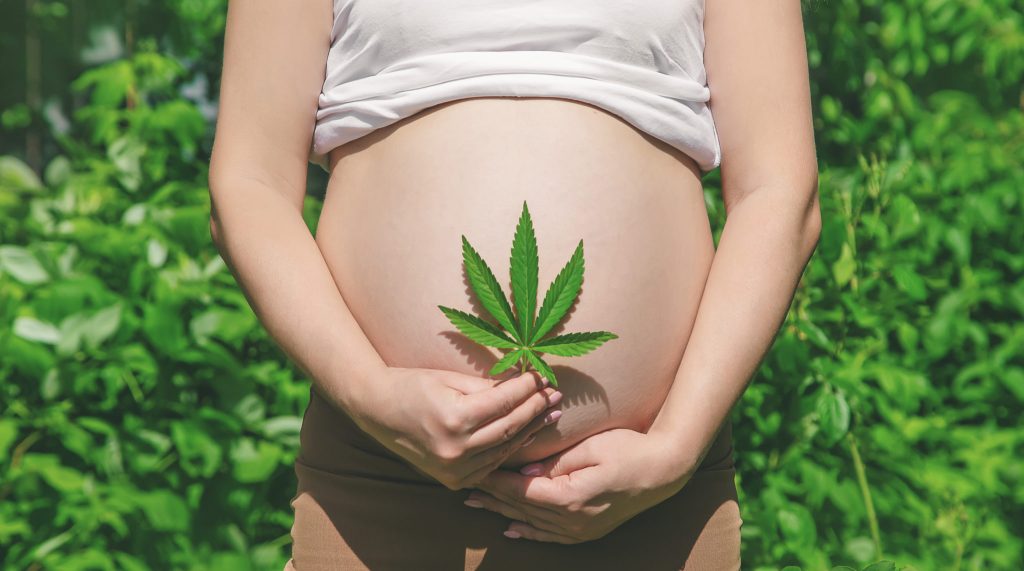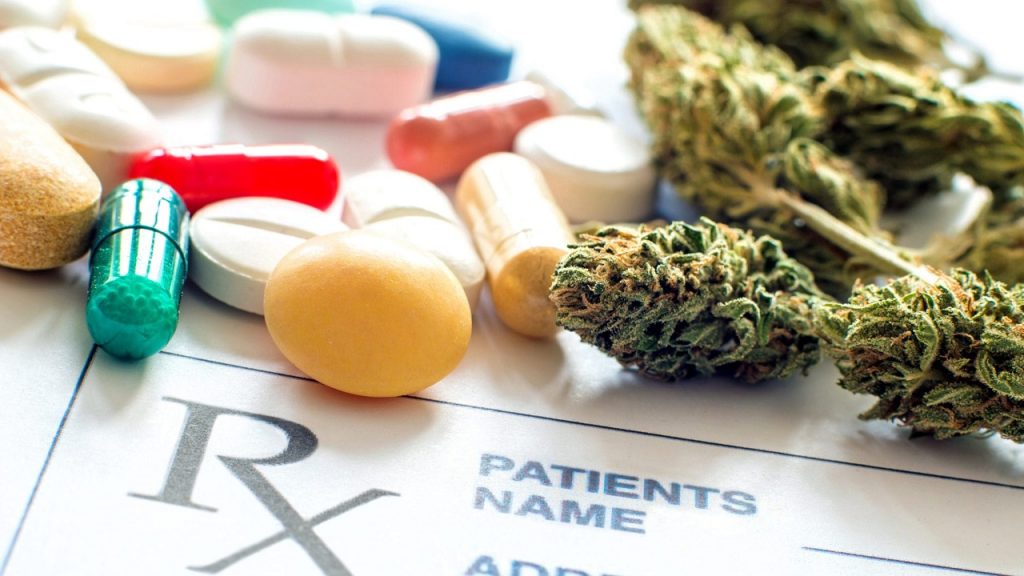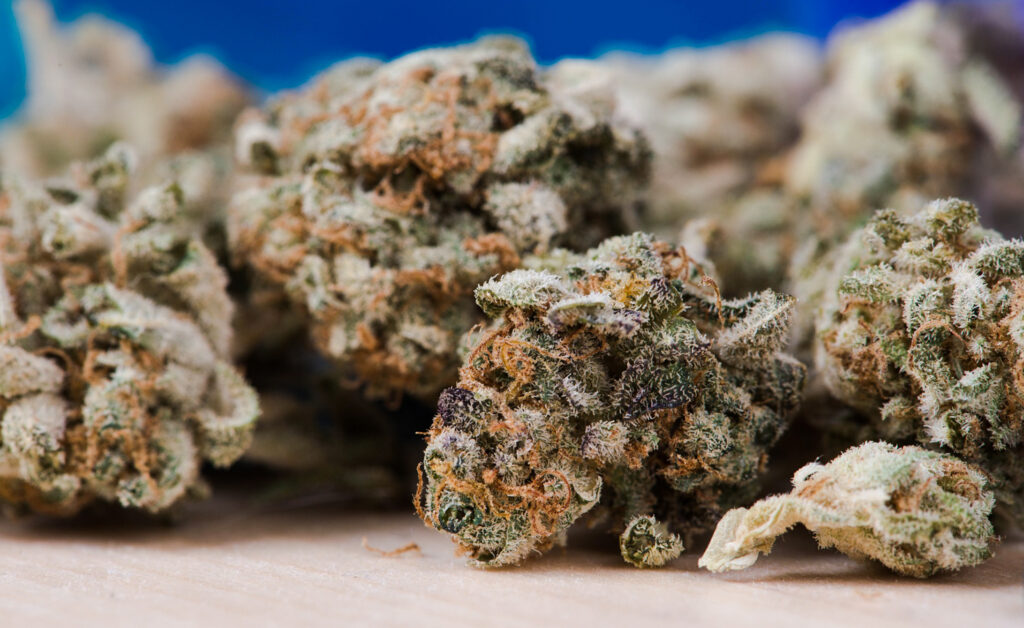A study from the USA finds evidence of a reciprocal relationship between cannabis use and depression.
“I had lost the joy.” Niklas Schmidt no longer had the energy to go to training or see other people. In an interview with SPIEGEL, the 25-year-old Werder Bremen professional footballer talks about how depression has eaten into his life. At some point, he just asked himself: What’s the point of all this? But the footballer had a stroke of luck. His girlfriend recognized how he was withdrawing more and more and urged him to get help.
Up to 20 percent of the population suffer from depression
Depression is comparatively common. It is estimated that 16 to 20 out of 100 people suffer from depression at some point in their lives. Even competitive athletes like Niklas Schmidt can be affected. Exactly how depression develops is not yet fully understood. There are probably a number of possible causes. These could be genes, stressful experiences or biochemical changes. It has been observed that cannabis use is often associated with depression. The question is: do people become depressed because they smoke weed? Or do they smoke weed because their depression makes them do so? A US research team has looked into these questions.
Study leader Sandra Brown and her team analyzed the data from a cohort study. 767 adolescents and young adults took part. They were surveyed up to eight times a year on various aspects of their health. The youngest participants were 15 years old, the oldest 24. The multiple interviews enabled the research team to record the occurrence of depression and cannabis use over time.
Cannabis and depression reinforce each other
The analyses confirm that cannabis is associated with depression. However, the link between cannabis and depression does not appear to be a one-way street. On the one hand, the research team was able to prove that young people who used cannabis were more likely to suffer from depressive symptoms one year later. On the other hand, respondents with depression were more likely to turn to cannabis a year later. The connection appears to be reciprocal: cannabis and depression reinforce each other.
It is conceivable that depression encourages people to smoke weed because those affected hope that getting high will provide temporary relief from their symptoms. The research team refers to this as the “self-medication hypothesis”. This is supported by another partial result: young people who smoked pot had more days of consumption if they also suffered from depressive symptoms.
Cannabis use could in turn subsequently promote depression in young people because the active ingredient THC disrupts the process of brain development. In general, there is evidence that chronic cannabis use in particular increases the risk of mental illness.
Need help? – Find people you can trust
People who are prone to depressive moods should therefore be aware that cannabis use will do them more harm than good in the long term. In the event of distress or emotional problems, it is advisable to confide in another person as early as possible. Niklas Schmidt advises: “Find people you can trust and talk to them about everything! And approach people who can also help you professionally.”
There are the following counseling options in Austria, among others:
- Helpline 01/504 8000 – psychological help in crises
- https://psychische-hilfe.wien.gv.at
- https://www.gesundheit.gv.at





